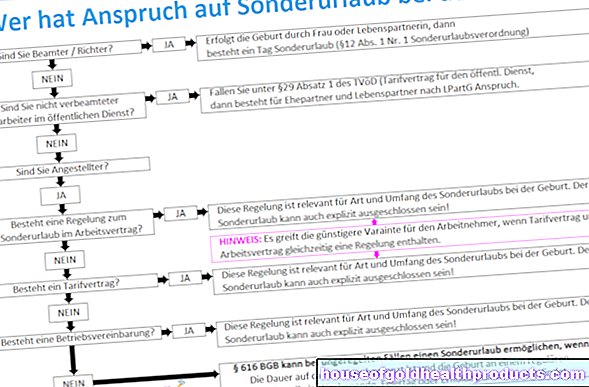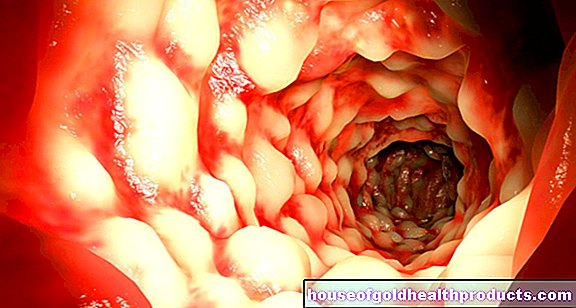Allergy test in the intestine
All content is checked by medical journalists.Munichstomach pain, flatulence, constipation or diarrhea - in irritable bowel patients, digestion is constantly going crazy. Often those affected do not know what is causing the symptoms. A new test could help clarify the cause and find the right treatment.
The new test is a kind of prick test inside the intestine. Possible irritating substances are trickled onto the intestinal mucosa. Changes in the intestinal tissue are then observed with a laser beam. With the help of this so-called confocal laser endomicroscopy, Professor Anette Fritscher-Ravens and her team from the University Medical Center Schleswig-Holstein examined 36 irritable bowel patients and ten control patients.
Milk and wheat straight into the intestines
Through an endoscope, the scientists gave the study participants solutions of four foods that are poorly tolerated by many irritable bowel patients: cow's milk, soy, yeast and wheat. In addition, a placebo solution was applied to the mucous membrane.
Using a microscope on the endoscope, the researchers documented the reactions to the individual solutions. They counted the number of lymphocytes in the tissue, recorded leaks in the mucous membrane and determined the distance between the intestinal villi, the small protrusions of the intestinal wall.
Thirteen reactions to wheat
Within just a few minutes, 22 of the 36 irritable bowel patients showed a reaction to at least one food, some even to several: the participants reacted thirteen times to wheat, nine times to milk, six times to yeast and four times to soy.
Usually the number of lymphocytes increased and the intestinal wall cracked. No changes were observed in 14 irritable bowel patients or in the control group.
Long-lasting diet profit
The results suggest that hypersensitivity to certain foods - especially gluten - can be the trigger for irritable bowel symptoms. Therefore, subjects with allergic reactions were advised to avoid the food to which they had reacted.
The positive effects of the diet: After just four weeks, 19 of 22 patients had symptoms of irritable bowel syndrome only half as often or less often. Six of them no longer suffered from any complaints. A year after the test, those affected were even better: On average, the severity of the symptoms had been reduced by three quarters.
Abdominal pain for years
Irritable bowel syndrome is a very common gastrointestinal disorder. Depending on the diagnostic criteria, between 2.5 and 37 percent of Germans are affected - women more often than men. According to the German Society for Gastroenterology, Digestive and Metabolic Diseases, more than half of those affected still suffer from irritable bowel symptoms after seven years, and only 13 percent are symptom-free after this time. (vv)
Sources:
Fritscher-Ravens, Annette, et al. Confocal Endomicroscopy Shows Food-Associated Changes in the Intestinal Mucosa of Patients With Irritable Bowel Syndrome. Gastroenterology 2014; 147: 1012-1020.
S3 guideline for irritable bowel syndrome of the German Society for Gastroenterology, Digestive and Metabolic Diseases (DGVS), http://www.dgvs.de/leitlinien/reizdarmsyndrom/ (accessed: November 17, 2014)
Tags: baby toddler hospital foot care

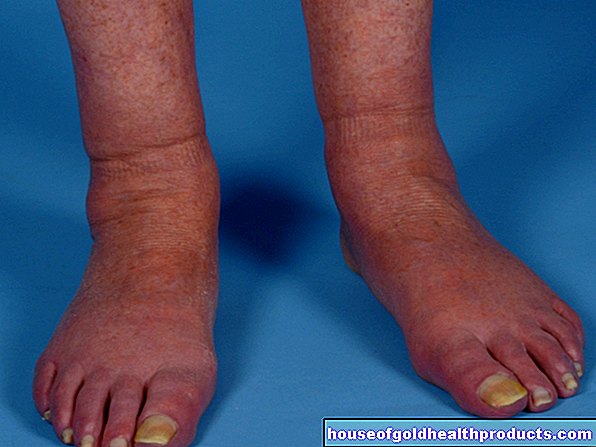

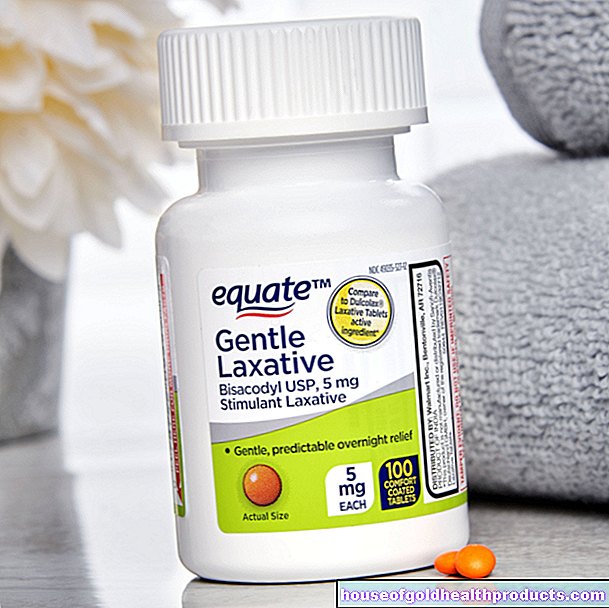
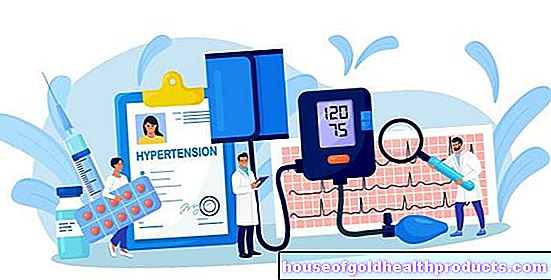



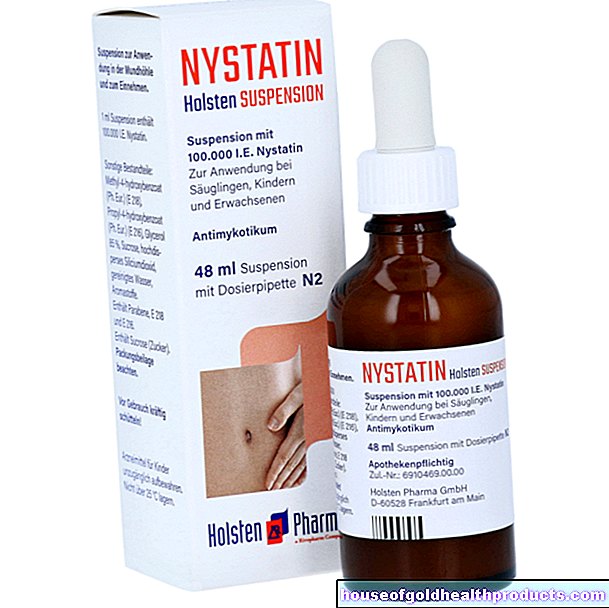
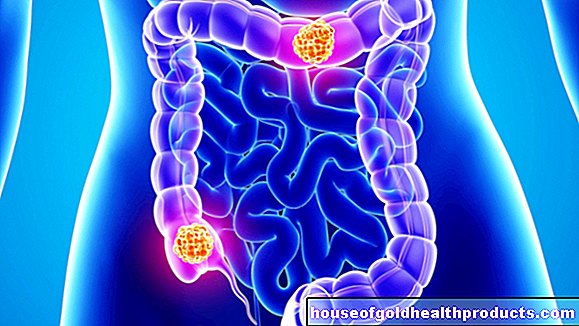


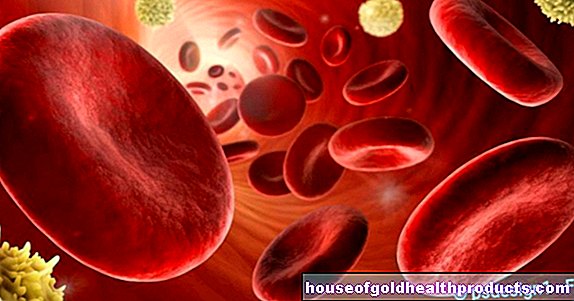
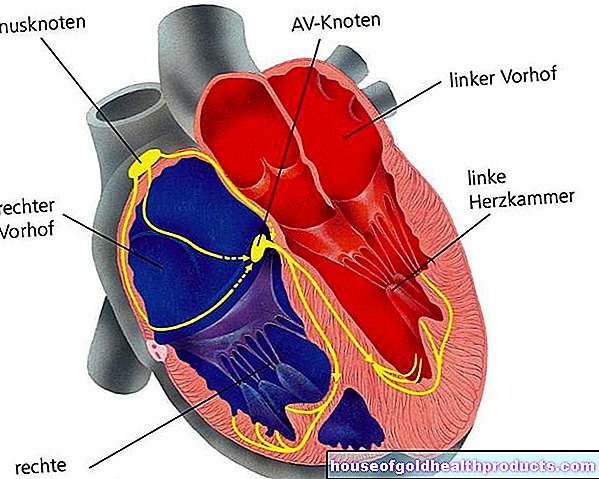
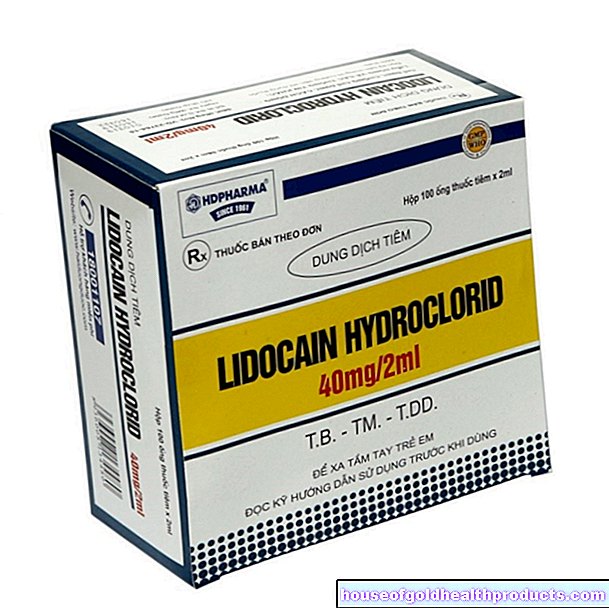
.jpg)



